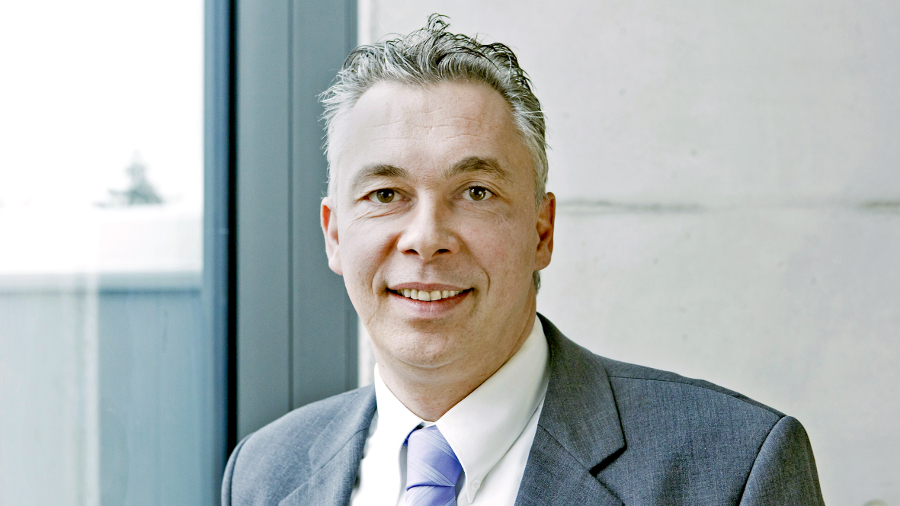M2M technology is changing the way we live
Smarter cities, better healthcare

TechRadar Pro interviewed Eric Schneider, chairman of the M2M Alliance, to learn more about Europe's biggest organisation for machine-to-machine communications, their annual M2M Summit, and the importance of the latest M2M technologies for cities, healthcare systems and the entire economy.
TechRadar Pro: What is the aim of the M2M Alliance?
Eric Schneider: The idea behind our not-for-profit organisation is to provide companies and users with a platform which helps them to develop and find useful M2M solutions. We are in a lively exchange with a wide range of industries, end users and policy makers to create better conditions and a vibrant market for innovative and efficient M2M systems.
Nowadays, M2M technology is no longer restricted to single markets. It is important that companies from basically any industry and country have a point of contact where they can find the right partner for their demands. If you are looking for a partner for the implementation of M2M in a business or product to make it more efficient, we can point you in the right direction.
In addition, we ensure that politicians in Brussels, Berlin and London are aware of the requirements that are essential for a healthy industry and economy. Through projects with renowned universities, we also support the direct exchange between science and the business world. And we organise the M2M Summit which was held in October.
TRP: Were you satisfied with this year's M2M Summit?
ES: Like in previous years, it was once again a huge success with 60 exhibitors and 800 participants from 35 countries. What definitely has changed over the years is the focus of the event.
Are you a pro? Subscribe to our newsletter
Sign up to the TechRadar Pro newsletter to get all the top news, opinion, features and guidance your business needs to succeed!
When we launched the M2M Summit eight years ago, it was basically a conference and trade show for the leading M2M experts. Nowadays, the focus is turning from the technology to the users. After all, the technology is only the enabler for smart solutions. Today's solutions are driven by the needs of users and businesses. The feedback from the exhibitors this year was absolutely positive.
TRP: Is M2M ready for the needs and demands of our globalised business world?
ES: Without a doubt. Isolated applications are outdated. To face the challenges that the modern world is throwing at us, open solutions that can be easily deployed as well as extended and combined with other networks are essential. Companies, cities and communities across the world experience the same problems. By developing solutions that are not unnecessarily restricted, these solutions can not only be deployed once, but many times.
The transport system in the UK is similar to the one in Germany or Italy, for example. A farmer in the Netherlands needs the same machinery as a farmer in Ireland. Delivery services often operate across countries. To protect our environment, we all need to cut our energy consumption and waste. We will only be able to meet these challenges with intelligent solutions, and many of them will be based on M2M communications.
TRP: What do companies have to consider before investing in an M2M-based solution?
ES: First of all, you need the commitment from the entire management. The next most important thing is a clear business strategy and well-defined targets. Rather than tackling the project as a whole, it usually makes sense to define intermediate goals. The whole organisation must be involved as processes and workflows will change dramatically throughout most departments, if not all. That's why a good change management is so important for most projects.
Realising efficient M2M solutions requires expertise throughout the organisation. In most cases, at least some external know-how is required as it is almost impossible to implement a new solution or system if the people in charge have been working for the same company for years. After working for a company over a long period of time, employees tend to be so familiar with the business that they don't see certain problems anymore which need to be addressed. It is also unlikely that the expertise for the entire project is available within the company.

Désiré has been musing and writing about technology during a career spanning four decades. He dabbled in website builders and web hosting when DHTML and frames were in vogue and started narrating about the impact of technology on society just before the start of the Y2K hysteria at the turn of the last millennium.